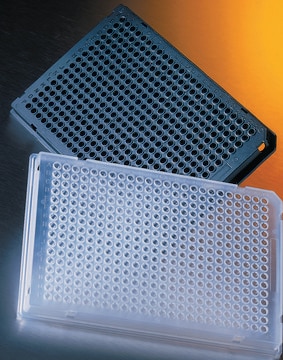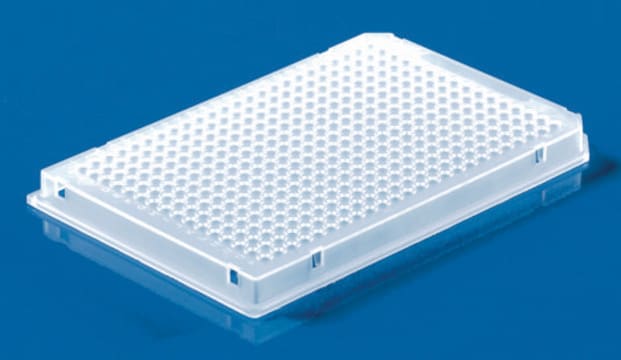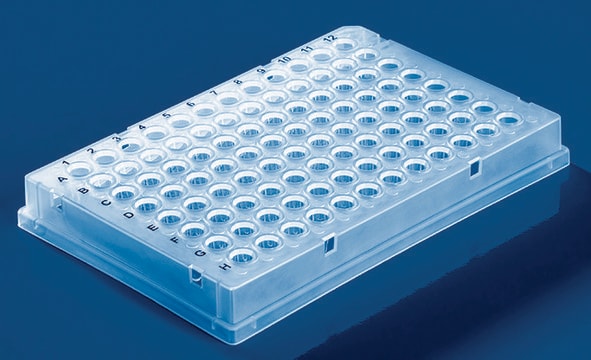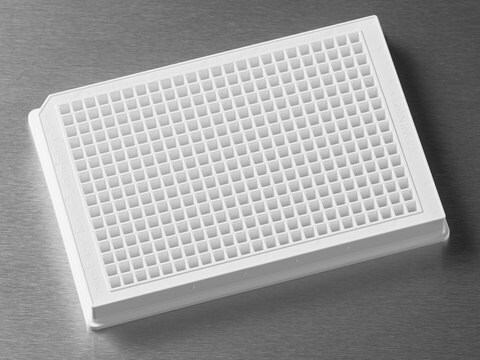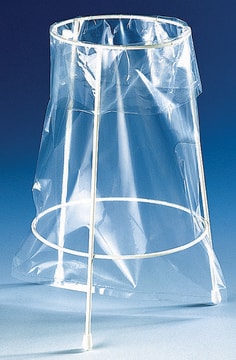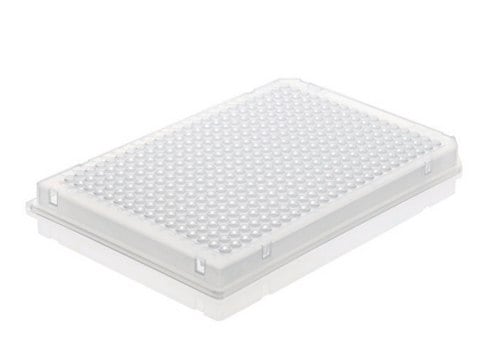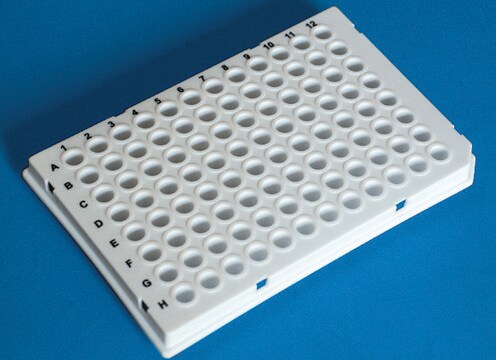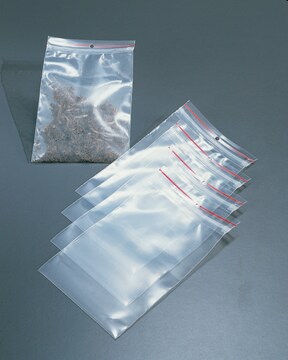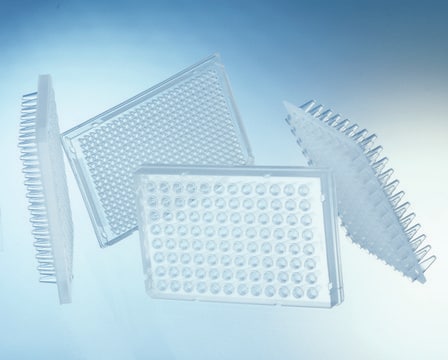Z374911
PCR multiwell plates
size 384 wells, polypropylene, skirt, non-sterile
Synonym(s):
384 multiwell PCR plate, 384 well PCR microplate, 384 well PCR plate, 384 well microtiter plate
About This Item
Recommended Products
material
colorless polypropylene
polypropylene
sterility
non-sterile
non-sterile
feature
skirt
packaging
case of 50 ea
manufacturer/tradename
Sorenson 39620
technique(s)
PCR: suitable
size
384 wells
well volume
40 μL
well working volume
25 μL
suitability
suitable for (PCR, RT-PCR or DNA purification applications)
application(s)
agriculture
Looking for similar products? Visit Product Comparison Guide
General description
Features and Benefits
- Virgin polypropylene
- Fully autoclavable
- Certified DNase- and RNase-free
- Wells have thin walls for rapid temperature equilibration and reduced cycle time
Certificates of Analysis (COA)
Search for Certificates of Analysis (COA) by entering the products Lot/Batch Number. Lot and Batch Numbers can be found on a product’s label following the words ‘Lot’ or ‘Batch’.
Already Own This Product?
Find documentation for the products that you have recently purchased in the Document Library.
Customers Also Viewed
Protocols
Reverse transcription (RT) is the process of converting RNA to cDNA using a reverse transcriptase enzyme and dNTPs.
Hot Start dNTPs block DNA polymerase until heat activation, enhancing PCR specificity.
Method for amplification of DNA from damaged DNA sources. Particularly useful for DNA extracted from old samples.
Standard qPCR protocol with up to four detection probes at specified concentrations, simplifying reaction setup with LuminoCt ReadyMix.
Our team of scientists has experience in all areas of research including Life Science, Material Science, Chemical Synthesis, Chromatography, Analytical and many others.
Contact Technical Service
